Publications
Articles, publications, books, tools and multimedia features from the U.S. Institute of Peace provide the latest news, analysis, research findings, practitioner guides and reports, all related to the conflict zones and issues that are at the center of the Institute’s work to prevent and reduce violent conflict.
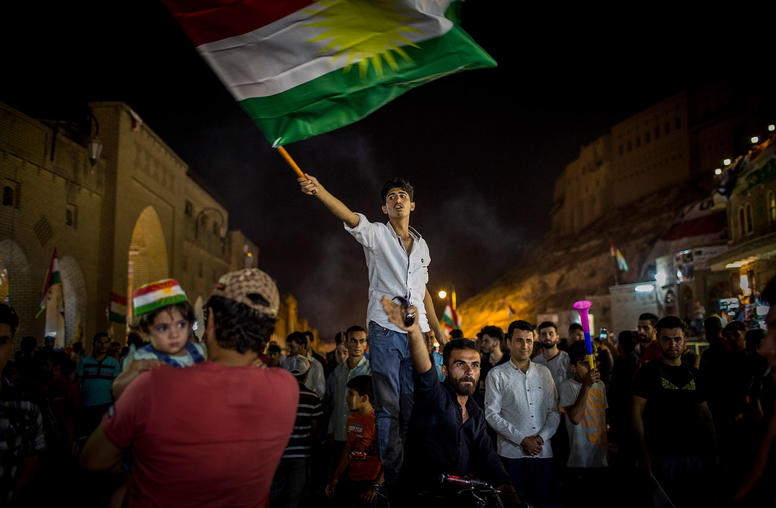
Iraq’s Impasse with Kurds Puts Post-ISIS Stabilization at Risk
The impasse between Iraq’s central government and its Kurdistan Region is building into an economic problem, and both sides need to quickly find a way to negotiate a solution. While political conflict between the authorities in Baghdad and the regional capital of Erbil has been quieter since Iraqi troops ousted Kurdish forces from disputed territories in October, the Kurdish region’s economy is unraveling, with risks for both sides.

Halting Yemen’s War: U.S. Must Lead, Nobel Peace Laureate Says
Tawakkol Karman, the Yemeni human rights activist who won the Nobel Peace Prize in 2011, called on the United States to assume a bigger role in trying to revive a political process that might end the war now tearing her country apart. She urged the U.S. government to lead in pressing for a cease-fire and the transformation of Yemen’s militias into political parties.
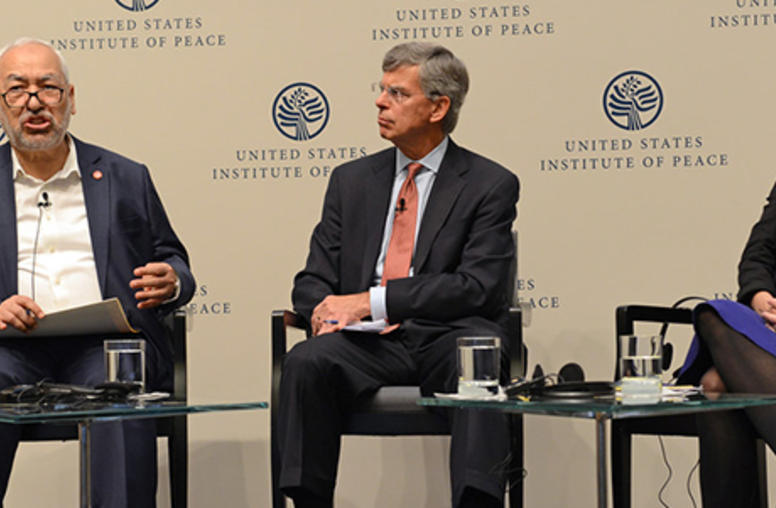
Islamist Party Leader Appeals for Aid to Bolster Tunisian Example of Moderation, Democracy
Sheikh Rachid Ghannouchi, the founder of Tunisia’s Islamist party, appealed this week for U.S. political and economic support as his country struggles to complete its historic transition. Tunisia, the lone success story out of the Arab uprisings, could serve as an example for Iraq, Syria, Egypt and others, he said.
Middle East Envoy Announces Resignation
USIP experts provide analysis on the departure of Middle East Envoy George Mitchell.
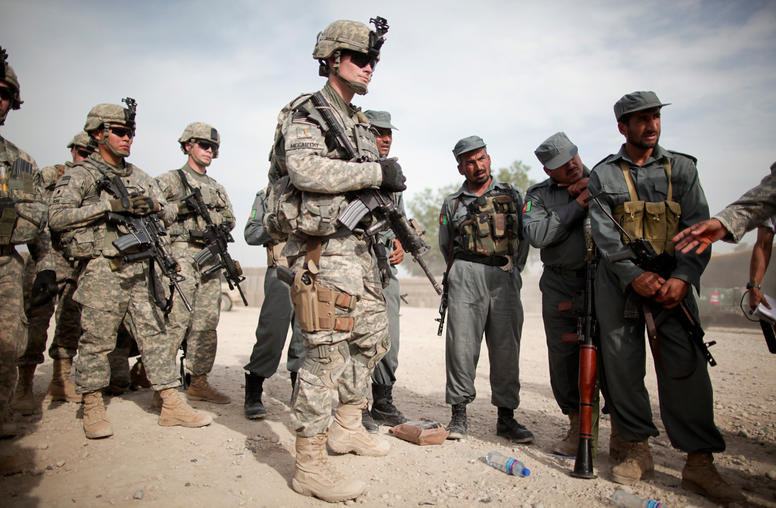
Violent Conflict and Vital Interests: Keeping Focus
Over the next decade, the United States can expect to face complex foreign challenges from terrorism, insurgencies and internal conflicts fanned by external sponsorship, but the threat of conventional state-on-state wars, including direct assaults on the American homeland, have significantly diminished, according to retired Lt. General Douglas Lute, the former ambassador to the North Atlantic Treaty Organization.
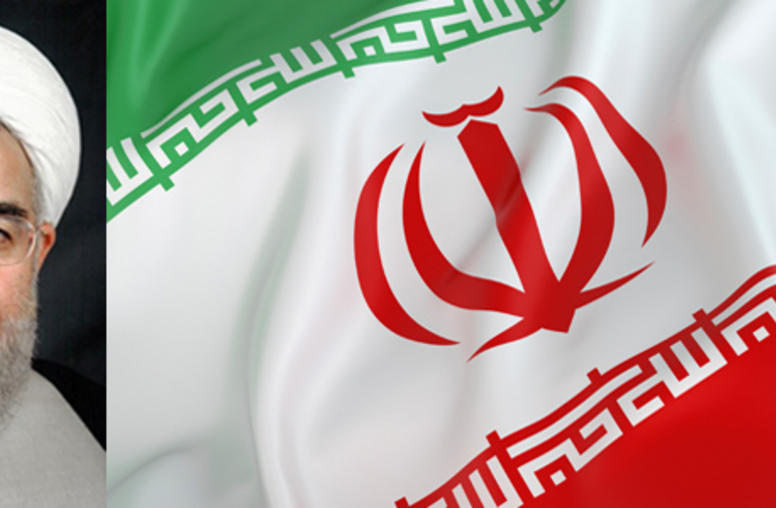
The Rouhani Presidency: Will Iran-U.S. Relations Improve?
The start of Hassan Rouhani’s presidency with his swearing-in on Aug. 4 will enhance prospects for at least a modest improvement in U.S.-Iranian relations, though attaining a breakthrough deal on Iran’s nuclear programs will remain very difficult.
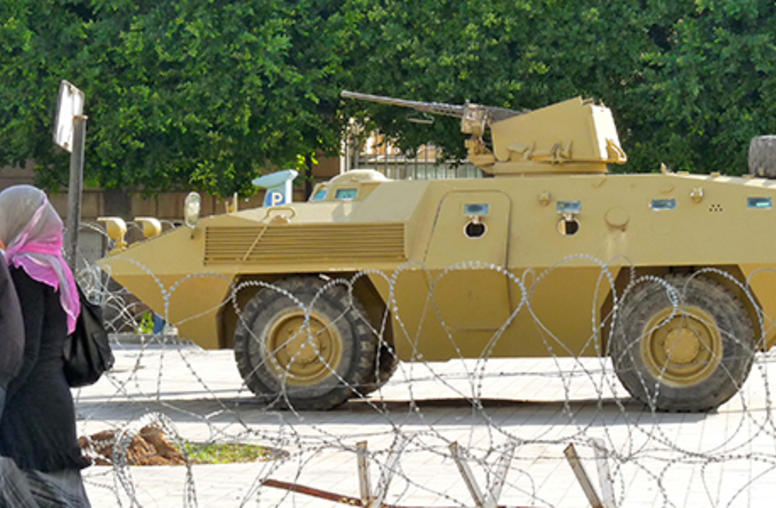
The Jihadi Threat 5: Drivers of Extremism
Jihadism has always been produced by a confluence of factors. Some individuals are motivated to join jihadist movements by ideology, the desire for meaning and belonging, anger at the West, even wanderlust. Other conditions enable jihadism to flourish. They include the volatile mix of shifting demographics, notably a surge of youth, higher literacy, and greater social aspirations intersecting with economic woes, growing unemployment, and deepening political malaise or disillusionment. The mix...
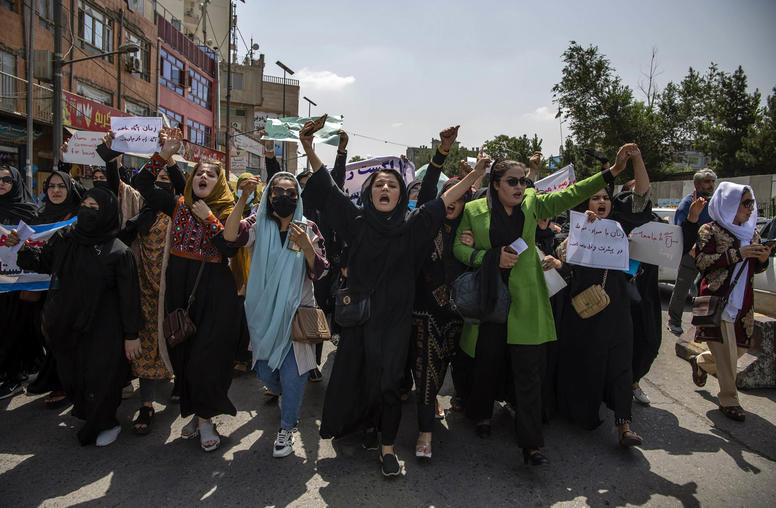
Iran’s Protests ... and the Afghan Sisters Next Door
Iran’s women are seizing worldwide admiration with 26 days of courageous defiance against their authoritarian government’s violent confinement of females as second-class citizens who may not freely work, marry, divorce, travel or even be seen with their heads uncovered. Less noted are this audacious movement’s existing, and potential, connections to the tenacious, 14-month campaign by Afghan women resisting the even tighter oppression of the Taliban. Street protest slogans, social media posts and other links illustrate a synergy between the movements that both should use in the difficult task of converting their inspiring courage into real change.
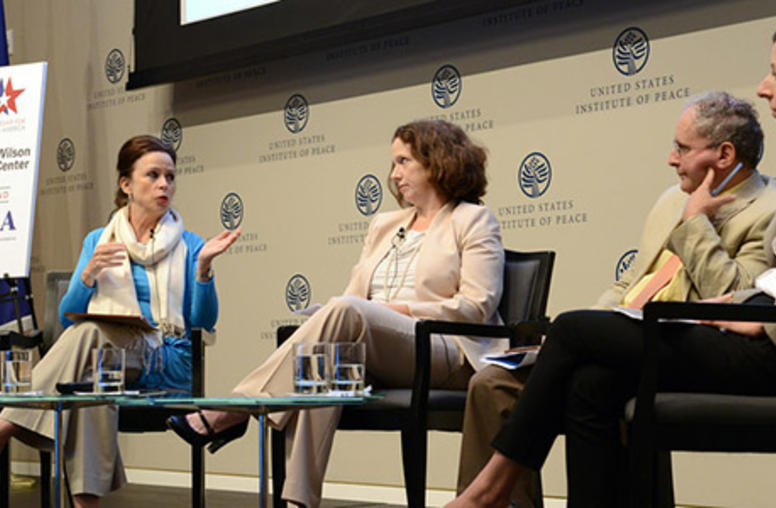
Iran Sanctions and the Possible Trade-Offs for a Nuclear Deal
Since 2006, the United States has imposed more sanctions on Iran than any other country, so it may have to cede the most ground to get a nuclear deal in 2014. An expert panel assembled by eight Washington think tanks and organizations examined the potential trade-offs during a discussion July 8 at the U.S. Institute of Peace.
USIP Experts Respond to Obama's Speech on Libya
USIP experts respond to President Obama's speech on U.S. military intervention in Libya.